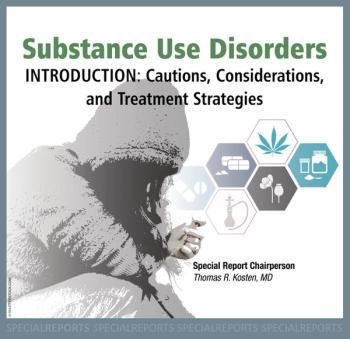
A clinical collection on addiction treatment, ADHD and SUDs, important drug indications, vaping, cannabis use, benzodiazepines, the perils of self-medicating and other topics relevant to practicing psychiatrists.

A clinical collection on addiction treatment, ADHD and SUDs, important drug indications, vaping, cannabis use, benzodiazepines, the perils of self-medicating and other topics relevant to practicing psychiatrists.

Significant progress has been made in containing the opioid epidemic, but new threats loom. Thomas Kosten, MD, an addiction psychiatrist, takes a brief look.

Numerous lines of evidence suggest a correlation between cannabis consumption and a variety of psychiatric conditions, including cannabis-induced psychosis.
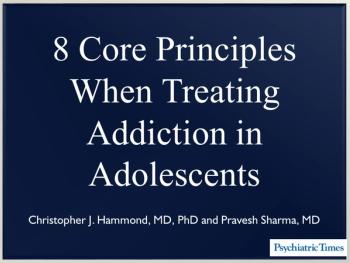
The main goal in treating addiction is to help the patient achieve and improve functioning. When that patient is also an adolescent, there are special considerations. Here's a quick primer.

Appropriate use of benzodiazepines in patients with a substance use disorder is an important skill. Here are some important considerations.
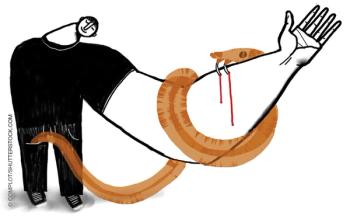
The authors present a clinically focused introduction to treatment principles for adolescent substance abuse disorders and reviews evidence-based approaches.
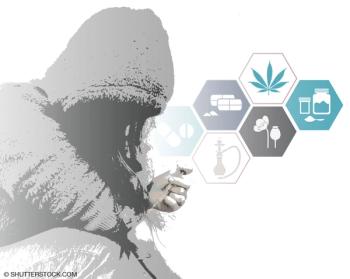
The Chair of a Special Report on substance abuse disorders describes the highlights of 6 articles in the series.
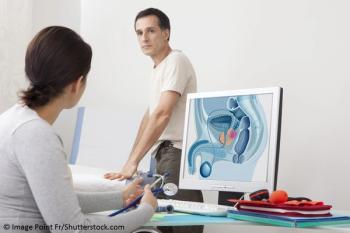
Here: common misconceptions about assisted outpatient treatment--and how this tool can help selected mentally ill patients who are most difficult to treat.

Access to illicit drugs is now as easy as a few swipes on a smartphone. Here's a primer for clinicians who aren't well acquainted with this trend and who aren’t familiar with the many substances themselves.

Vivek Murthy, MD presented for the first time a report by a Surgeon General focused solely on addiction and its consequences.

The overprescription of opioid analgesics has resulted in the growing use of heroin. Right?

It's not about the specifics of preliminary studies about psilocybin. It's about the validation of research using psychedelic drugs in modern psychiatry.
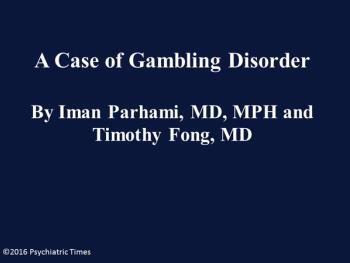
A patient is brought to the emergency department by her daughter for bizarre behavior and symptoms of mania after gambling from the casino for 48 continuous hours.

What are the manifestations of methamphetamine toxicity?

The abuse of this dangerous designer drug that can be purchased online is rapidly on the rise in the US.

What do we know about the health and drug consumption habits of the Nazi leader of the German people from 1933 to 1945?

There are no FDA-approved pharmacotherapies for cocaine use disorder. Here: a review of the off-label use of promising medications for this addiction.

Clinicians have a powerful voice that can be used to address cyberbullying, improve campus climate, and support a positive undergraduate experience.
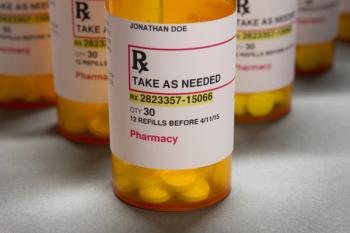
Clinical traditions are important, but they can become ossified as the “right way to treat addiction.” So, we need to turn a sharp, skeptical eye on treatment models.
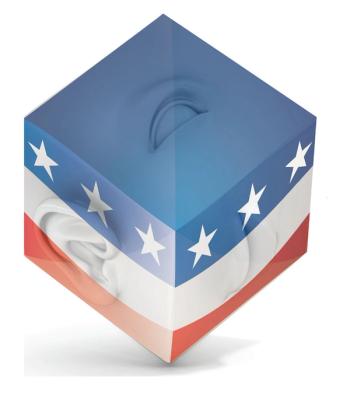
For too long the treatment needs of the seriously mentally ill have been ignored by SAMSHA, and this needs to change, says this psychiatrist.
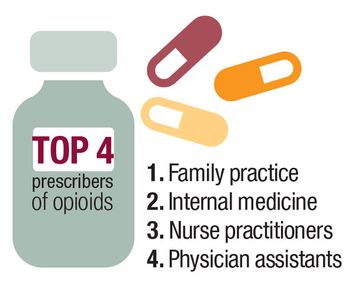
The involvement of a psychiatrist early in the care of patients addicted to opioids may prevent further abuse. Here's why.

What are some of the most commonly abused drugs among college students?

Many college students who engage in binge drinking, experiment with illicit drugs, and/or misuse pharmaceuticals will go through this rite of passage relatively unscathed. However, others will not.

For all its popular appeal, the science that has emerged on cannabis use does not look good--especially for the teenage brain.

Addiction and mental health treatment has fallen increasingly into the justice system for underserved and indigent patients. How do we bring state-of-the art treatment to this population in desperate need?